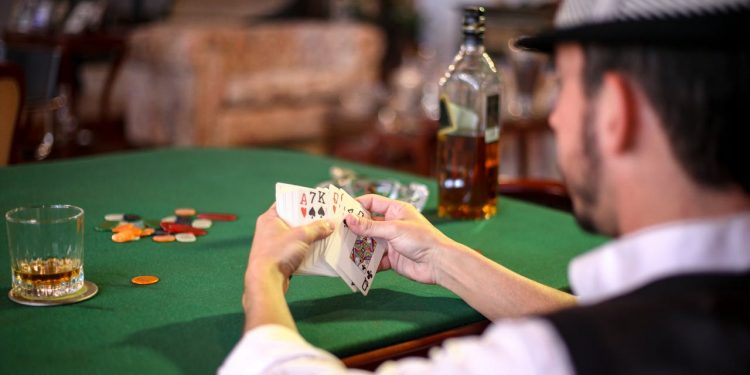Exploring the World of Gambling
Gambling has been a part of human civilization for centuries, offering thrills, excitement, and the chance to win big. From ancient civilizations to modern-day societies, the allure of gambling has remained strong. In this article, we delve into the world of gambling, exploring its various aspects, from its history to its impact on society.
1. Introduction to Gambling
At its core, gambling involves risking money or valuables on an uncertain outcome with the hope of winning more in return. It encompasses a wide range of activities, including casino games, sports betting, lotteries, and online gambling platforms. The history of gambling dates back to ancient civilizations, where people engaged in various forms of wagering for entertainment and profit.
2. Types of Gambling
Casino Gambling
Casinos offer a wide array of games, including blackjack, poker, roulette, and slot gacor machines. These establishments attract millions of visitors each year, offering a blend of excitement and luxury.
Sports Betting
Sports betting involves predicting the outcome of sports events and placing wagers on the result. It is popular worldwide, with enthusiasts wagering on football, basketball, horse racing, and more.
Lottery
Lotteries are games of chance where players purchase tickets with the hope of winning a prize. The allure of lotteries lies in the possibility of winning life-changing sums of money with a small investment.
Online Gambling
The rise of the internet has led to the proliferation of online gambling platforms, offering a wide range of games and betting options accessible from anywhere with an internet connection.
3. The Popularity of Gambling
Gambling remains popular for various reasons. For some, it’s the thrill of risk-taking and the excitement of the unknown. Others see it as a form of entertainment or a way to socialize with friends. Additionally, cultural factors and societal norms play a significant role in shaping attitudes towards gambling.
4. The Risks and Rewards of Gambling
While gambling offers the potential for big wins, it also carries inherent risks. Addiction, financial loss, and emotional distress are among the negative consequences associated with problem gambling. It’s essential for individuals to approach gambling responsibly and be aware of the potential pitfalls.
5. Responsible Gambling Practices
Responsible gambling involves setting limits, knowing when to stop, and seeking help if needed. Setting a budget, taking regular breaks, and avoiding chasing losses are crucial strategies for maintaining control while gambling.
6. Impact of Gambling on Society
The gambling industry has a significant economic impact, generating billions in revenue and creating jobs. However, it also raises concerns about issues such as addiction, crime, and social inequality. It’s essential for governments to implement effective regulations to mitigate these risks.
7. Legal and Regulatory Framework
Laws and regulations governing gambling vary by jurisdiction. Regulatory bodies oversee the industry, ensuring fairness, integrity, and responsible conduct among operators and players alike.
8. The Future of Gambling
Technological advancements, such as virtual reality and blockchain technology, are poised to reshape the gambling landscape. Additionally, shifting societal attitudes towards gambling may influence future regulations and industry practices.
9. Conclusion
In conclusion, gambling is a multifaceted phenomenon that has fascinated humans for centuries. While it offers the potential for excitement and financial gain, it’s essential to approach it with caution and responsibility. By understanding the risks and rewards of gambling and adopting responsible practices, individuals can enjoy this pastime safely.







